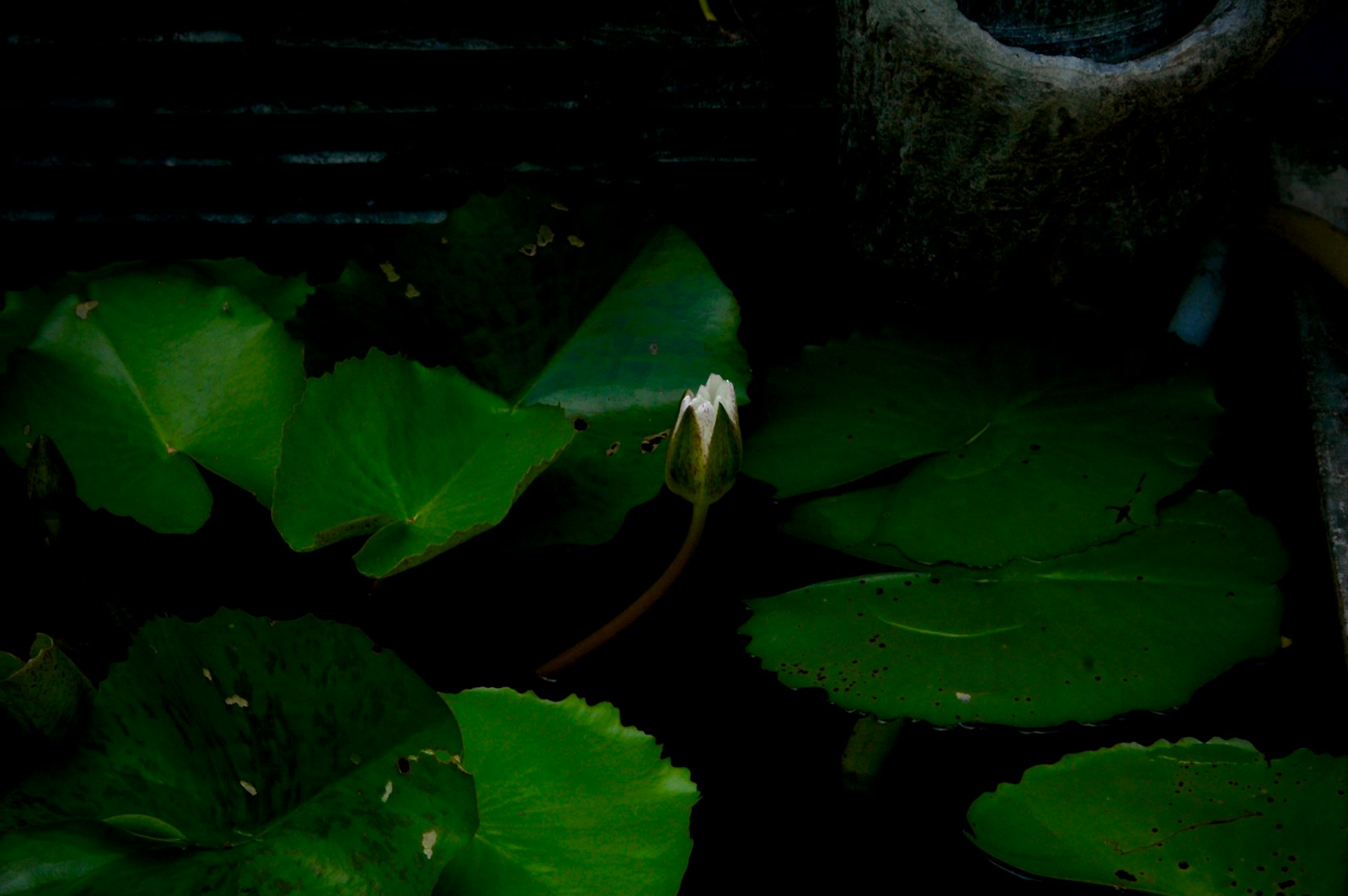
开幕
kāi mù

opening
In Chinese, '开幕' is used to describe the beginning or start of an event, scene, or situation, akin to 'opening' in English. It is often used in formal contexts such as the opening of a meeting, an art exhibition, or a new building.
Example sentences using: 开幕
我错过了开幕式。
Wǒ cuòguòle kāimù shì.

I missed the opening ceremony.
This is an expression of regret for missing out on the opening ceremony.
今晚的开幕式将非常精彩。
Jīnwǎn de kāimù shì jiāng fēicháng jīngcǎi.

Tonight's opening ceremony will be very exciting.
This sentence is talking about an impending opening ceremony in the evening that is expected to be highly exciting.
开幕式的最后是烟花燃放。
Kāimùshì de zuìhòu shì yānhuā ránfàng.

The end of the opening ceremony is the fireworks display.
None
开幕式因为雨天被推迟了。
Kāimù shì yīnwèi yǔtiān bèi tuīchíle.

The opening ceremony was postponed due to rainy weather.
This describes a situation where the opening ceremony was delayed because of bad weather conditions.
他们在开幕式上宣布了新计划。
Tāmen zài kāimù shì shàng xuānbùle xīn jìhuà.

They announced a new plan at the opening ceremony.
This sentence tells that a new plan was announced during the opening ceremony.
总统出席了开幕式。
Zǒngtǒng chūxíle kāimù shì.

The president attended the opening ceremony.
This phrase indicates that the president was present at the opening ceremony.
开幕式上我们唱了国歌。
Kāimù shì shàng wǒmen chàngle guógē.

We sang the national anthem at the opening ceremony.
This sentence describes a scenario where the national anthem was sung during the opening ceremony.
开幕式上的舞蹈令人留下深刻印象。
Kāimù shì shàng de wǔdǎo lìng rén liúxià shēnkè yìnxiàng.

The dance at the opening ceremony made a deep impression.
This allows us to visualize that a dance performance at the opening ceremony left a memorable impression.
我被邀请参加这个开幕式。
Wǒ bèi yāoqǐng cānjiā zhège kāimù shì.

I was invited to attend this opening ceremony.
This lets us know that the speaker was invited to the opening ceremony.
开幕式后会有欢迎晚宴。
Kāimù shì hòu huì yǒu huānyíng wǎnyàn.

There will be a welcome banquet after the opening ceremony.
This suggests that a welcome banquet will take place following the opening ceremony.